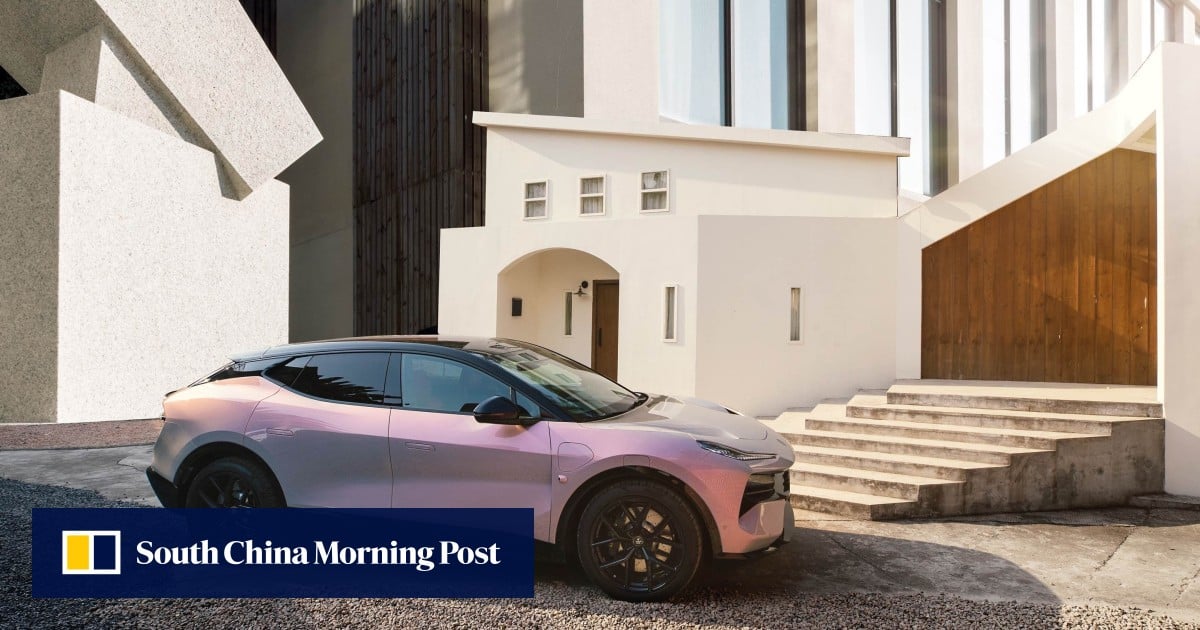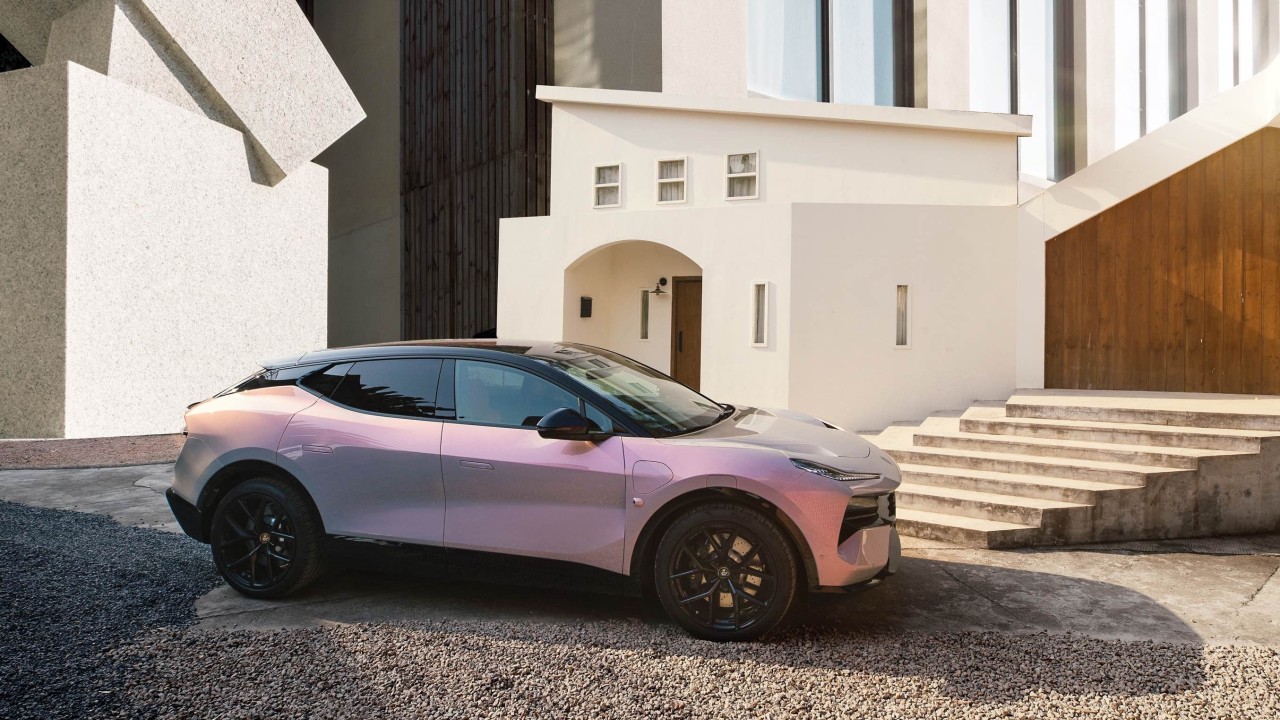
23 Feb Geely-backed luxury EV maker Lotus Tech to launch autonomous driving cars in 60 Chinese cities this year

The company, a division of British sports car company Lotus Group in which Chinese carmaker Zhejiang Geely Holding owns a majority stake, will focus on the premium segment even as cheap models dominate the mainland EV market amid an economic slowdown, CEO Feng Qingfeng told the Post on Friday.
“We will offer car owners a better experience with our NOA [navigation on autopilot] system this year,” he said. “Lotus will also improve the voice-activated control system to display our technological muscle.”
Lotus Tech, which this week raised US$880 million after completing a merger with Nasdaq-listed L Catterton Asia Acquisition, a special-purpose acquisition company, will start delivering its second mass-production EV model to Chinese customers next month, with the aim of carving a niche in the world’s largest automotive market.
“Lotus Tech envisions building up an image as a luxury electric and intelligent car assembler, banking on the historical sports car brand,” Feng said. “By focusing on sporty features, we want to make Lotus distinct from other global marques like BMW.”
Chinese driverless tech firm gets fresh funds as intelligent cars’ appeal grows
Chinese driverless tech firm gets fresh funds as intelligent cars’ appeal grows
China consumers prefer smart EVs to petrol cars because most come with self-driving capabilities and digital cockpits, according to Cui Dongshu, general secretary of the China Passenger Car Association (CPCA).
Lotus Tech develops and manufactures EVS priced between US$80,000 and US$150,000. It has an assembly line in Wuhan with an annual production capacity of 150,000 units.
Chinese AI driverless firm Uisee picks Hong Kong for international base
Chinese AI driverless firm Uisee picks Hong Kong for international base
On the mainland, EV makers including BYD, the world’s largest EV assembler, have been offering price cuts since late last year to sustain sales growth, which is likely to trigger a new price war amid intensified competition.
But Feng said luxury EVs will still post high delivery growth in the coming years if new models successfully attract rich consumers.
According to Oliver Wyman, an international management consultancy, the global luxury pure EV market is expected to grow at an annualised rate of 35 per cent between 2021 and 2031, reaching a market size of nearly 1.9 million units in 2031.
Chinese robot EV charger start-up eyes Hong Kong as global springboard
Chinese robot EV charger start-up eyes Hong Kong as global springboard
According to the CPCA, a total of 772,500 cars priced above 400,000 yuan (US$55,567) were handed to mainland customers in 2023, a third of them powered by battery.
Feng said Lotus Tech will increase the number of its stores from about 200 globally last year to 300 in 2025. In China, where Lotus has about 60 outlets, it will remain focused on the top-tier cities.
